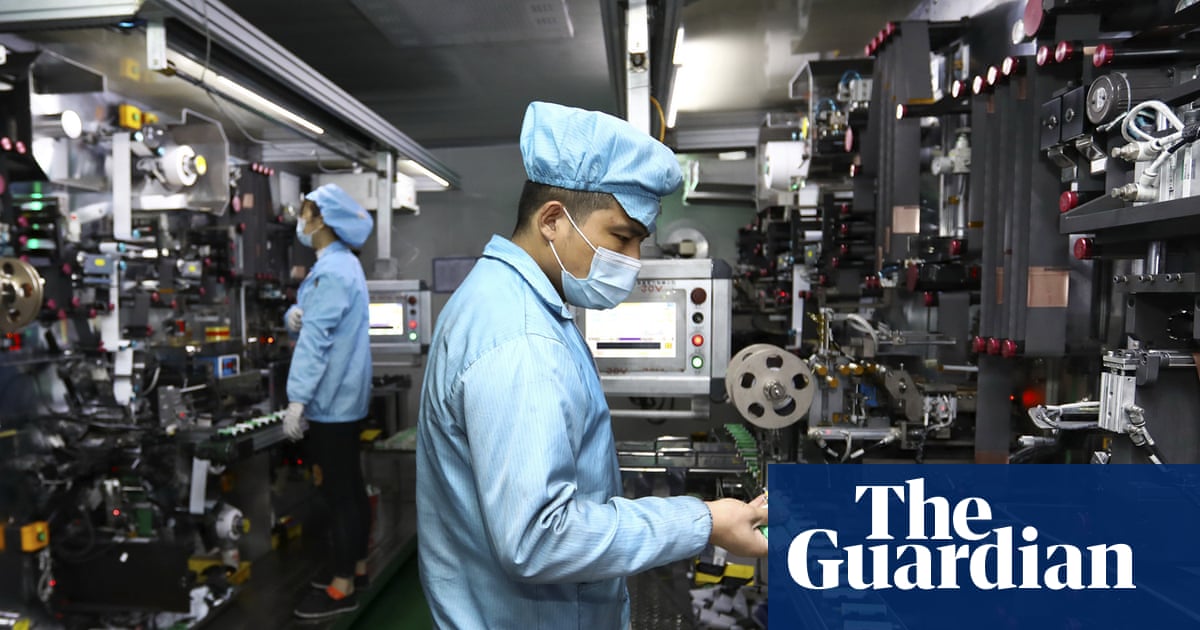Keir Starmer has announced a critical minerals and rare earths strategy to build resilience against China, which has a stranglehold on supplies of materials including magnets critical to everything from car doors to fridges.
“For too long, Britain has been dependent on a handful of overseas suppliers, leaving our economy and national security exposed to global shocks,” the prime minister said.
The critical minerals initiative comes with a £50m fund to boost production at tungsten and lithium mines in Cornwall. Europe’s largest deposits of lithium are in Cornwall, and the EU singled out the county’s tungsten mine for potential financial support this summer.
The strategy follows a six-week standoff between China and the EU over the supply of chips used in the car industry, underlining how Beijing is willing to use trade in critical materials for political purposes.
The UK and the US are now battling to reduce their dependence on China, but the production of rare earths and critical minerals can take years and hundreds of millions of pounds in investment.
Lithium supplies exist all over Europe, but the raw material needs to be refined into lithium hydroxide, a crystal-like ingredient used to create the charge in car batteries.
Europe’s only lithium hydroxide refinery, in Germany, has taken five years to build and £150m in investment, showing the scale of the funding needed.
Last week the EU’s industry commissioner, Stéphane Séjourné, conceded that the bloc was far behind the US, which he said had “a business department that buys stocks of critical materials” before everyone else. “They often buy them from under our noses,” he said.
Earlier this year, Britain struck a minerals cooperation deal with Saudi Arabia aimed at bolstering supply chains, opening doors for British firms and drawing fresh investment into the UK. Rare-earth minerals are essential for smartphones and electric vehicles and increasingly crucial for building datacentres that power artificial intelligence.
The UK’s strategy seeks to ensure no more than 60% of any one critical mineral comes from a single partner country by 2035, according to a statement.
Starmer described critical minerals as “the backbone of modern life and our national security” and argued that boosting domestic production and recycling would help shield the economy and support efforts to lower living costs.
The government said the UK currently produced 6% of its critical mineral needs domestically. Under the plan, it wants to expand domestic extraction and processing, with a particular focus on lithium, nickel, tungsten and rare earths. It aims to produce at least 50,000 tonnes of lithium in the UK by 2035.
